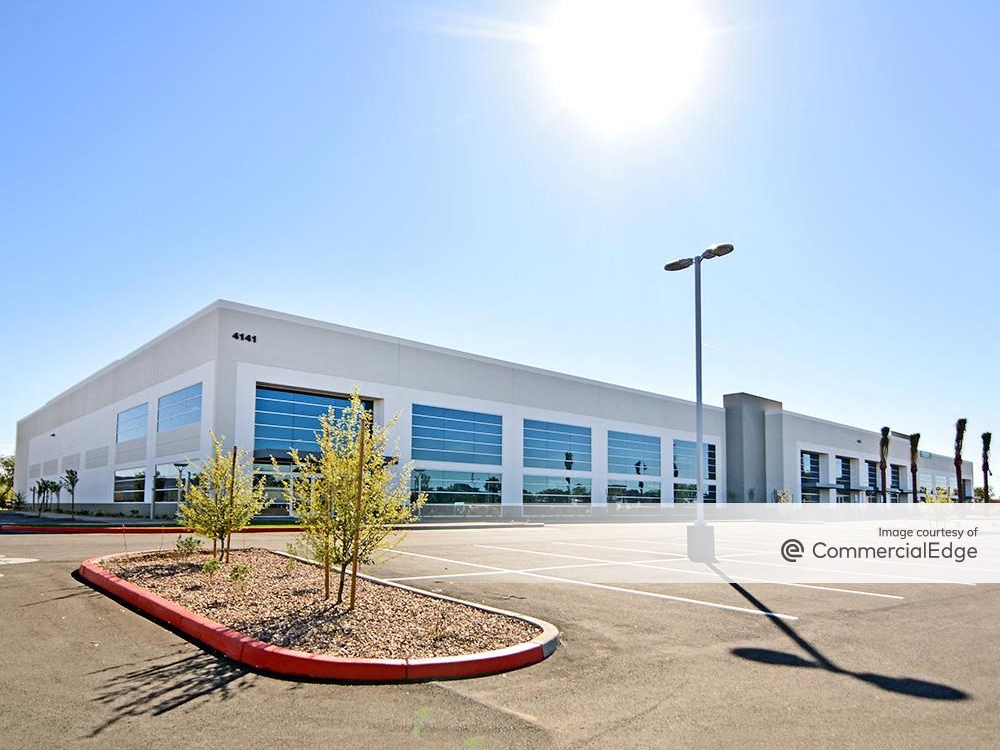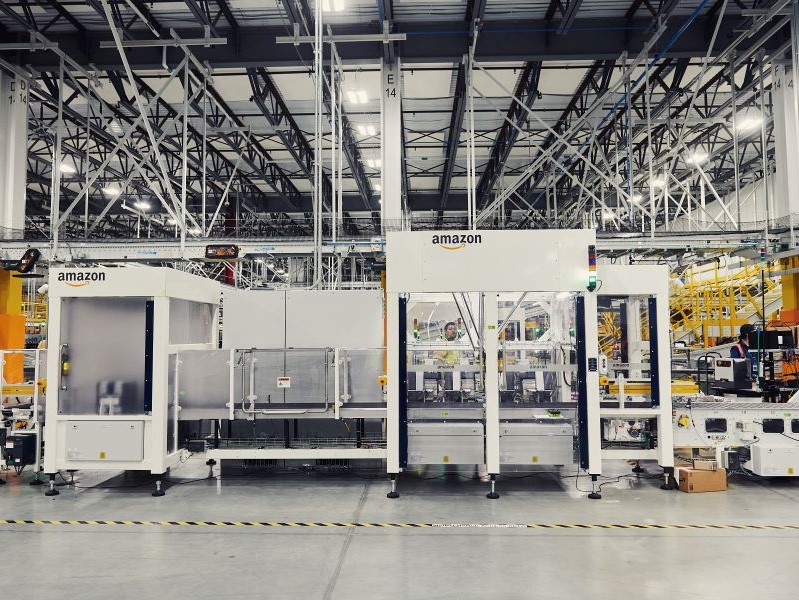Ubiquitous Technology
Technology leaves few industries and corners of the economy untouched today. As its tools become ever more powerful and sophisticated, the Digital Age is reshaping how we live, work and play, often in subtle ways. For that reason, change is happening everywhere, regardless of market size or business mix. In business, the effects of technological…
Technology leaves few industries and corners of the economy untouched today. As its tools become ever more powerful and sophisticated, the Digital Age is reshaping how we live, work and play, often in subtle ways. For that reason, change is happening everywhere, regardless of market size or business mix.
In business, the effects of technological change are multifaceted. Automation can make things simpler—or more precise. It can reduce the manpower needed—or increase the level of skill required. It is eliminating some business specialties while giving rise to new ones. And it is impacting the buildings in which we operate, often resulting in a need for space that is smaller or differently configured, and sometimes even requiring a change of location.
In the face of these trends, traditional high-tech hubs continue to attract both established firms and startups. Silicon Valley and neighboring San Francisco, Austin, Boston and New York’s Silicon Alley are all going strong, powered by an abundance of highly skilled workers and by a pipeline of talent developed at local universities. At the same time, the emergence of technology companies that serve specific industries is opening up the field to a variety of other cities competing for a slice of this economic sector. Some of them may surprise you—we feature them in the special report “Tech’s Top Towns,” which begins on page 26.
Read the full editorial in the August 2014 issue of CPE. Access is free!








You must be logged in to post a comment.